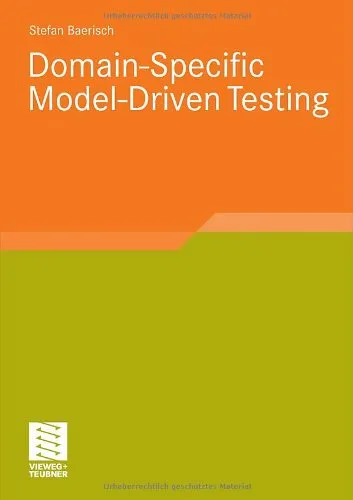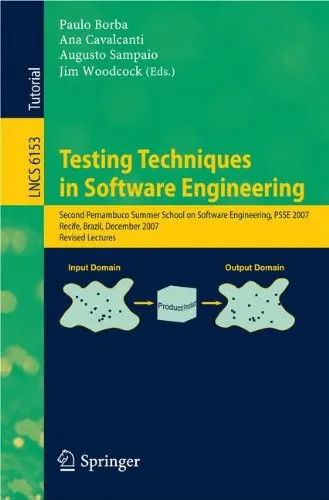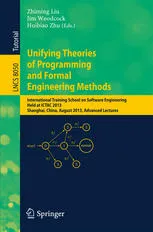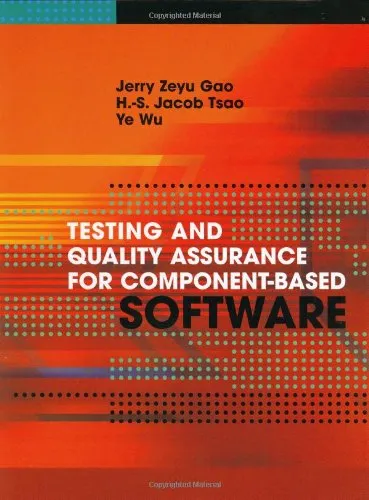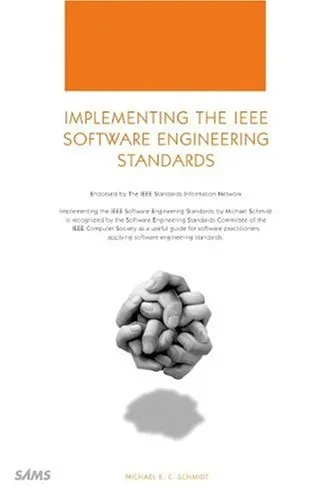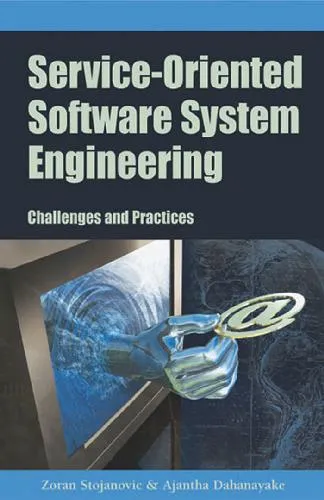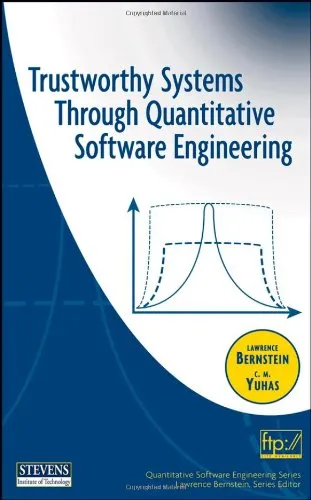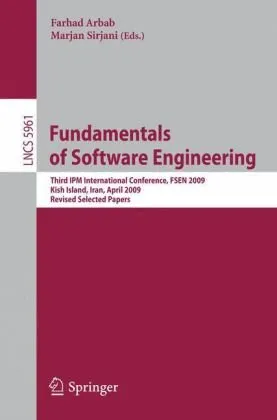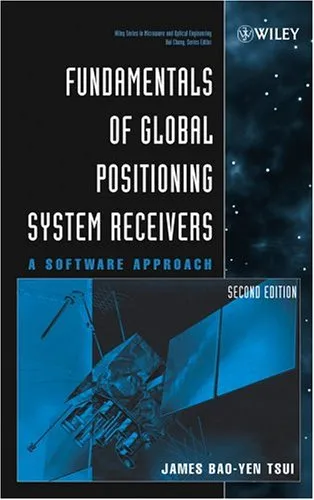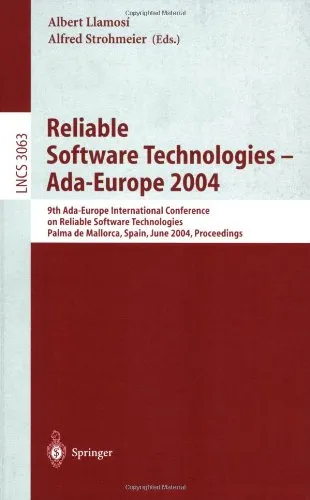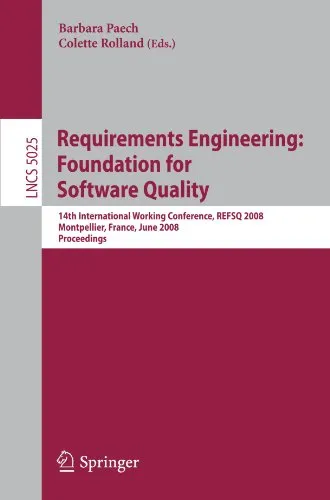Mythical Man-Month: Essays on Software Engineering
4.5
Reviews from our users

You Can Ask your questions from this book's AI after Login
Each download or ask from book AI costs 2 points. To earn more free points, please visit the Points Guide Page and complete some valuable actions.کتاب های مرتبط:
Introduction to "The Mythical Man-Month: Essays on Software Engineering"
Published in 1975, "The Mythical Man-Month: Essays on Software Engineering" by Frederick P. Brooks is a seminal text on software project management. Drawing upon his experience managing the development of IBM's OS/360 operating system, Brooks presents timeless lessons, principles, and challenges faced in complex software projects. This work has earned its place as a classic, influencing countless engineers, managers, and leaders in the field of software development.
Brooks challenges conventional wisdom, explores the dynamics of team productivity, and introduces concepts that remain profoundly relevant today. Whether you're a seasoned practitioner or someone new to software engineering, this book offers invaluable insights into both the art and science of building software systems. Its thought-provoking essays address many of the difficulties that persist, standing as a testament to the universal truths of project management and teamwork in software engineering.
Detailed Summary of the Book
The book is a collection of essays reflecting on the challenges and opportunities encountered in software engineering. Its title references what is now one of its most quoted lessons: adding manpower to a late software project makes it later. This principle, often referred to as "Brooks' Law," sheds light on the complexity of coordination in projects as they scale.
One of the book's core themes is the inherent difficulty in estimating software development time. Brooks posits that software engineering is subject to "essential difficulties," such as defining requirements and ensuring correctness. Coupled with "accidental difficulties," like debugging and coding, these challenges make software inherently complex to build.
The essays delve into other key topics, such as conceptual integrity, the need for skilled and small leadership teams, and the role of documentation in maintaining clarity for complex systems. Brooks advocates for clear communication and recognizes the critical importance of balancing thorough planning with flexibility in execution. He also stresses the necessity of prototyping to guide functionality and usability early in development.
Later editions of the book include one of Brooks' brilliant reflections titled "No Silver Bullet," where he argues that no single improvement in technology will provide a tenfold productivity boost in software development. Instead, he suggests incremental progress and calls for better tools, techniques, and practices to manage complexity.
Key Takeaways
- Adding more team members to a late project can cause even further delays due to increased coordination overhead, known as "Brooks' Law."
- Conceptual integrity is critical for the success of any software system, which requires unified vision and control by a small, skilled team or individual.
- Prototyping is a powerful tool to validate designs, understand requirements, and minimize risks.
- Beware of the second-system effect, where engineers may attempt to include too many features in their second major system, making it overly complex and error-prone.
- Software development is inherently difficult, and there are no "silver bullets" that will eliminate the challenges of building complex systems.
Famous Quotes from the Book
- "Adding manpower to a late software project makes it later."
- "Plan to throw one away; you will, anyhow."
- "The most important single decision many developers make is what not to build."
- "Good judgment comes from experience, and experience comes from bad judgment."
- "There is no single development, in either technology or management technique, that by itself promises even one order-of-magnitude improvement within a decade in productivity, in reliability, in simplicity."
Why This Book Matters
Despite being written almost five decades ago, "The Mythical Man-Month" remains profoundly relevant in today's world of software engineering. The principles outlined by Brooks transcend specific technologies, underscoring universal truths about the nature of teamwork, project management, and human communication. His insights into the pitfalls of poorly managed projects and the value of conceptual integrity continue to offer practical guidance for teams striving to deliver robust and reliable software systems.
Modern software projects may operate with different tools and methodologies, but they still face the same challenges of coordination, complexity, and estimating progress. This book serves as a vital resource for avoiding mistakes and optimizing team productivity. It also challenges readers to approach software engineering with humility, recognizing the inherent difficulties of the discipline while striving for excellence in execution.
Frederick P. Brooks' timeless wisdom not only informs but also inspires. It calls upon readers to respect the intricate artistry of software engineering, reminding us that while there are no shortcuts, continuous learning and adaptation are the hallmarks of great teams and leaders.
Free Direct Download
You Can Download this book after Login
Accessing books through legal platforms and public libraries not only supports the rights of authors and publishers but also contributes to the sustainability of reading culture. Before downloading, please take a moment to consider these options.
Find this book on other platforms:
WorldCat helps you find books in libraries worldwide.
See ratings, reviews, and discussions on Goodreads.
Find and buy rare or used books on AbeBooks.
1352
بازدید4.5
امتیاز0
نظر98%
رضایتReviews:
4.5
Based on 0 users review
Questions & Answers
Ask questions about this book or help others by answering
No questions yet. Be the first to ask!

